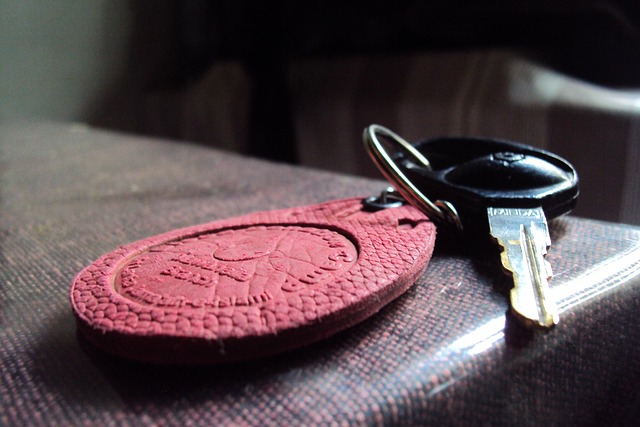Skin tags, common in areas of friction, can be removed for cosmetic reasons through various methods available in Birmingham. Effective options include cryotherapy, surgical excision, and laser therapy, chosen based on comfort and tag size. Home remedies like apple cider vinegar and duct tape also offer gentle removal, followed by proper aftercare to prevent infection and promote healing.
Looking to get rid of those pesky skin tags? This guide offers a comprehensive solution for effective tag removal in Birmingham. We delve into the causes and types, from molecular to environmental factors, helping you understand your skin better. Discover common methods, both professional and at-home remedies, with special focus on Tag Removal Birmingham techniques. Learn aftercare tips for swift healing and prevent reoccurrence.
- Understanding Skin Tags: Causes and Types
- Common Methods for Tag Removal in Birmingham
- Effective Home Remedies and Aftercare Tips
Understanding Skin Tags: Causes and Types
Skin tags, also known as acrochordons, are small, soft skin growths that typically appear on the neck, armpits, groin, or other areas where skin rubs against itself. They can vary in size from a few millimetres to around 1 centimetre and often resemble small pieces of hanging skin. Understanding their causes is essential when considering tag removal Birmingham options.
There are several types of skin tags, with the most common being acral-verrucous tags, which usually develop on the hands and feet due to friction or pressure. Pigmentated skin tags, characterized by a dark colouration, often occur in areas exposed to the sun. While they are generally harmless, some people may find them unsightly and opt for tag removal Birmingham procedures for cosmetic reasons.
Common Methods for Tag Removal in Birmingham
In Birmingham, several common methods are employed for Tag Removal. One popular approach is cryotherapy, where liquid nitrogen is used to freeze and destroy skin tags. This non-invasive procedure is quick and relatively painless, making it a preferred choice for many. Another effective method is surgical excision, where a doctor cuts out the tag with a scalpel or scissors, often with local anaesthesia to minimise discomfort.
Laser therapy is also gaining popularity as a Tag Removal Birmingham option. This treatment uses concentrated light beams to burn off the skin tags, and it can be particularly useful for tags that are large or persistent. Each method has its advantages and may suit different individuals based on their comfort levels and tag size, making it essential to consult with a healthcare professional to determine the best course of action.
Effective Home Remedies and Aftercare Tips
Effective Home Remedies and Aftercare Tips for Tag Removal Birmingham
For those seeking tag removal Birmingham, several home remedies offer gentle yet effective solutions. One popular method involves using apple cider vinegar. Soak a cotton ball in undiluted ACV and gently apply it to the skin tag, securing it with a small bandage. Repeat this process daily until the tag dries out and falls off. Another natural approach is to try duct tape. Secure a piece of duct tape over the skin tag for several days, changing it regularly, which can cause the tag to detach.
After successfully removing a skin tag, proper aftercare is essential. Keep the area clean by gently washing it with mild soap and water, then patting it dry. Avoid picking or scratching the spot, as this can lead to infection. You may experience some itching or flaking during the healing process, but these are normal. Apply a thin layer of over-the-counter antibiotic ointment to help prevent infection and promote healing. Be patient, as it might take a few weeks for the skin to fully recover.
When considering Tag Removal Birmingham, understanding skin tags, their causes, and various removal methods is essential. From clinical procedures to home remedies, each option has its advantages and considerations. Whether you opt for professional treatment or a DIY approach, proper aftercare ensures the best results and minimizes risks. Remember, consulting a dermatologist is crucial for safe and effective tag removal tailored to your specific skin type.
